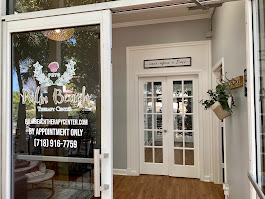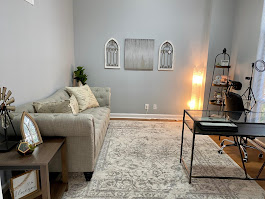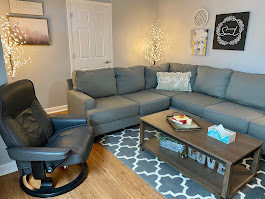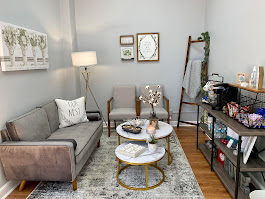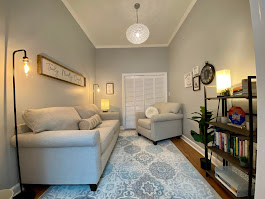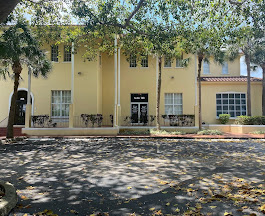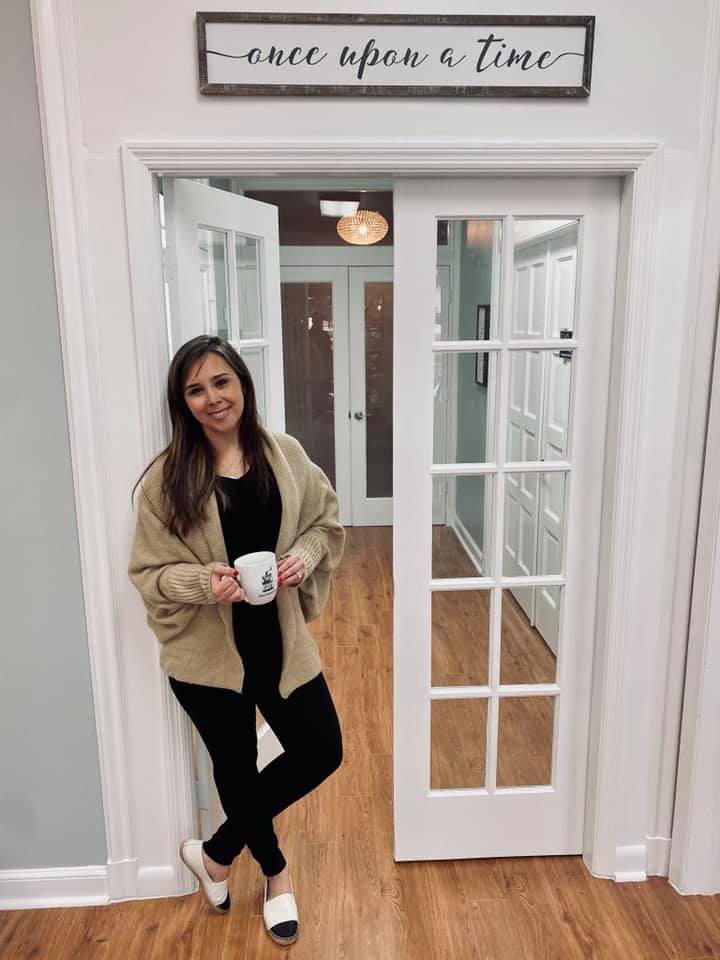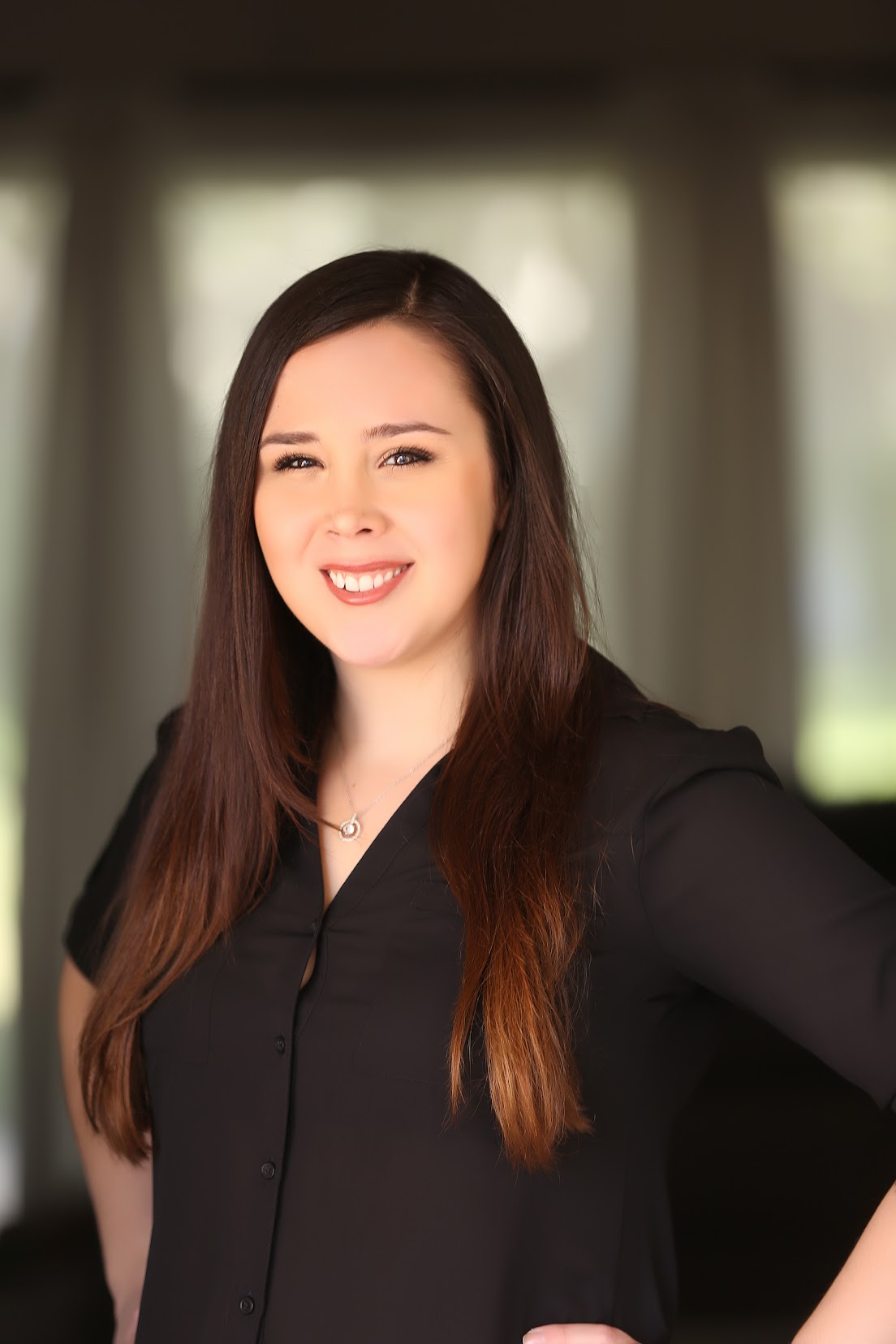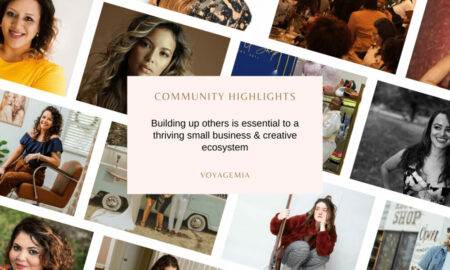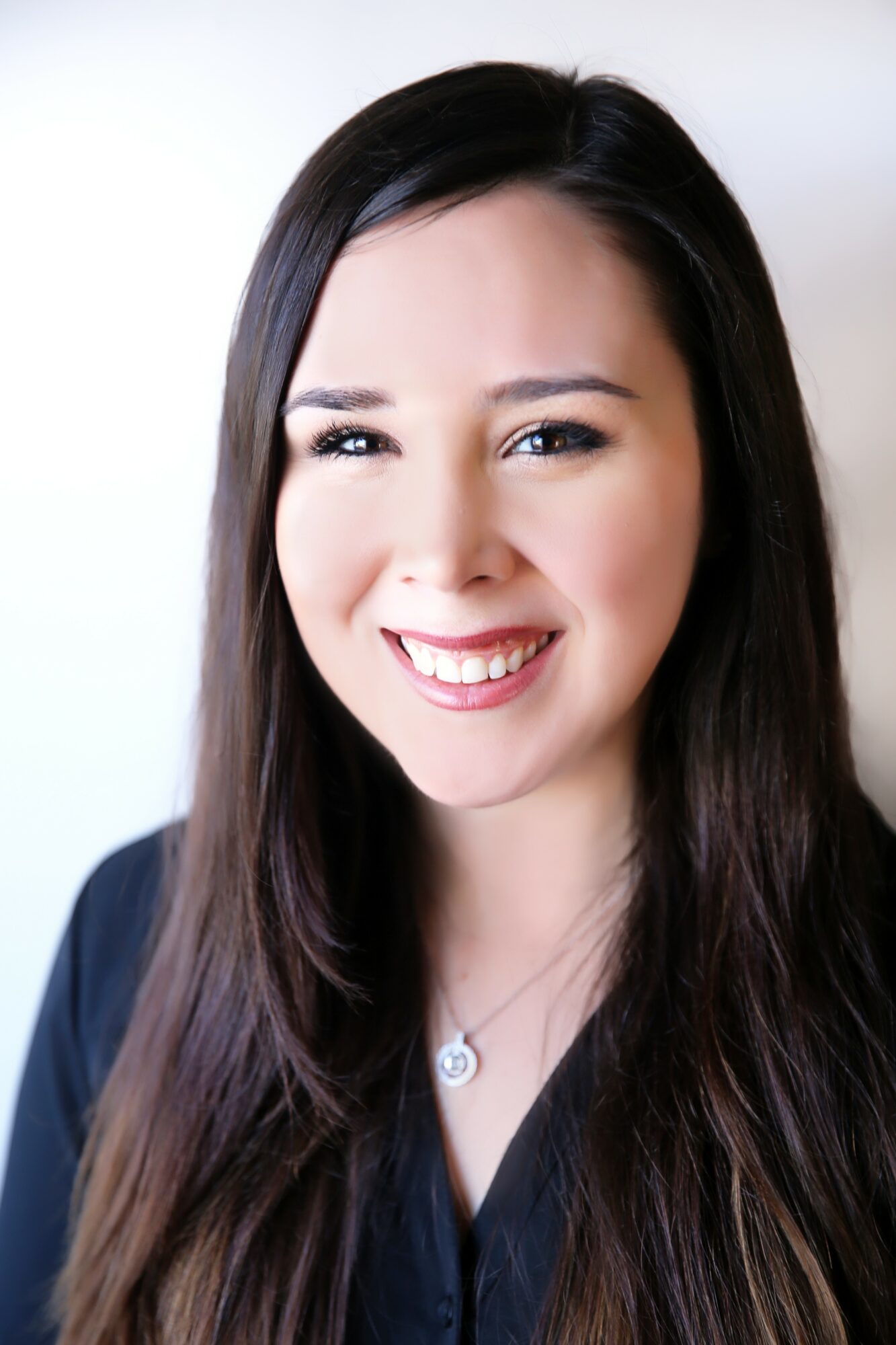

Dr. Lori Lundin-Fish shared their story and experiences with us recently and you can find our conversation below.
Lori, really appreciate you sharing your stories and insights with us. The world would have so much more understanding and empathy if we all were a bit more open about our stories and how they have helped shaped our journey and worldview. Let’s jump in with a fun one: Who are you learning from right now?
Lately, I’ve been learning to apply self-love and self-compassion in my everyday life. It hasn’t been the easiest process, but it’s one of the most important journeys I’ve ever taken. For a long time, I was much kinder to others than I was to myself. I held myself to impossible standards, judged my mistakes too harshly, and ignored my own needs in the name of being “strong” or “productive.”
Now, I’m unlearning that pattern. I’m beginning to recognize that self-love isn’t about ego or perfection — it’s about treating myself with the same patience, care, and understanding I so freely offer to others. It means listening to my inner voice with gentleness instead of criticism. It means giving myself permission to rest, to feel, to heal, and to grow at my own pace.
Self-compassion is showing up for myself on the hard days — when I feel overwhelmed, insecure, or not enough — and reminding myself that I am still worthy, still human, and still growing. I’m learning that I don’t need to earn love by being perfect. I deserve it simply because I exist.
There are days I still slip into old habits, but I’m learning to notice them without judgment. And that’s part of the compassion too — recognizing that growth is messy, but progress is still progress.
This is where I am right now: not finished, but fully committed to loving myself in the same way I love others.
Can you briefly introduce yourself and share what makes you or your brand unique?
I’m a licensed therapist based in Boca Raton, where I work with clients both in person and virtually. For over 10 years, I’ve had the privilege of supporting individuals, couples, and families as they navigate life’s challenges and work toward meaningful change. My practice is centered around helping people move through difficult life transitions, strengthen their relationships, and reconnect with a deeper sense of purpose and fulfillment.
What makes my work truly special is the individualized, compassionate approach I bring to each client. I believe that therapy should be a safe and empowering space — a place where healing, growth, and self-discovery can unfold at your own pace. Whether someone is facing grief, anxiety, relationship issues, or simply feeling stuck, I’m here to walk alongside them with empathy and guidance.
Right now, I’m especially focused on helping people find balance and resilience in a world that’s constantly evolving. My work is rooted in the belief that lasting change begins with self-awareness, and that everyone deserves to live a life that feels authentic, connected, and fulfilling.
Amazing, so let’s take a moment to go back in time. What breaks the bonds between people—and what restores them?
I believe what breaks the bonds between people is often the feeling of being blindsided—when something happens that catches someone off guard, especially when it contradicts what they believed about the relationship. It could be a betrayal, a harsh comment, a decision made without communication—anything that makes a person feel left out, devalued, or suddenly uncertain. This kind of emotional ambush disrupts trust, because trust is built on predictability, honesty, and emotional safety.
Restoring that trust requires two key things: accountability and validation. Accountability means taking ownership of one’s actions without excuses—acknowledging the impact, not just the intention. Validation means recognizing the other person’s feelings as legitimate, even if they differ from your own perspective. Together, these create the conditions for repair. When someone feels that their pain is taken seriously and that there’s a genuine effort to understand and make things right, trust can slowly begin to grow again. It’s not about being perfect, but about being willing to show up with honesty, humility, and care.
When did you stop hiding your pain and start using it as power?
One of the most powerful ways to turn pain into healing is through self-disclosure—the act of speaking openly and honestly about one’s inner experiences. When done intentionally and authentically, especially in the context of therapy, self-disclosure becomes more than just sharing—it becomes a bridge. It builds connection, trust, and rapport, and it helps normalize the emotional struggles that so many people face in silence.
In my dissertation, I explored self-disclosure and its potential to deepen therapeutic relationships. What I found, both through research and practice, is that when therapists model appropriate self-disclosure—sharing their humanity without shifting the focus away from the client—it can break down power dynamics, reduce shame, and foster a genuine sense of “I’m not alone.” It allows clients to feel safe enough to reveal their own truths, which is where real transformation begins.
Living authentically outside of therapy mirrors this same process. When we choose to show up as we are—flaws, fears, and all—we begin to reclaim the parts of ourselves we’ve hidden or judged. This kind of vulnerability is not weakness; it’s strength. It turns pain into power by removing the isolation that often comes with suffering. And in therapeutic work, it creates a space where healing isn’t something that happens to someone, but with them.
Authenticity and self-disclosure invite connection over performance, honesty over perfection. They remind us that healing isn’t about having it all figured out—it’s about telling the truth, being witnessed, and finding meaning in the mess. Whether in the therapist’s chair or out in the world, that kind of openness is what allows pain to become something purposeful.
Next, maybe we can discuss some of your foundational philosophies and views? Where are smart people getting it totally wrong today?
One of the things that even the smartest people are getting wrong today is believing that connection built through social media and online interaction is a true substitute for real, face-to-face relationships. In a world that’s more connected than ever, we’re paradoxically becoming more disconnected—not from information, but from each other.
As a society, we’ve shifted dramatically. The internet and social media have transformed how we communicate, how we present ourselves, and how we engage with the world. While these tools offer undeniable convenience, access, and even a sense of community, they often promote surface-level interaction over meaningful exchange. The metrics of likes, follows, and views can create an illusion of closeness, when in reality, many people are starving for the kind of connection that comes from shared presence, vulnerability, and deep listening.
This digital dependence is slowly reshaping our nervous systems, our attention spans, and our capacity for empathy. Conversations are replaced with comments. Disagreements become debates in comment sections rather than thoughtful discussions over coffee. We scroll past complexity and nuance in favor of bite-sized, curated content that’s easier to digest but rarely invites true reflection or intimacy. Today, people are lonelier. More anxious. Less equipped to hold space for themselves or for others. Real emotional connection—built on time, shared experiences, eye contact, and vulnerability—is being crowded out by constant stimulation and digital noise.
What’s being lost in this shift is the subtle, irreplaceable beauty of human presence: the energy in a room when someone feels truly seen. The comfort of sitting in silence with someone who understands. The growth that comes from holding difficult conversations, not typing around them. We need these things to thrive. In order to reclaim real connection, we have to intentionally unplug from performance-based social platforms and re-engage with the people in front of us. That might look like putting down the phone during dinner, scheduling more in-person time with friends, or even learning how to be bored again—because boredom often leads to creativity, introspection, and meaningful interaction.
The internet isn’t inherently harmful—but when it becomes the primary way we relate to others, it starts to erode the foundational elements of human connection. Smart people aren’t wrong for embracing technology—but we do need to get smarter about how we use it, and more honest about what it’s costing us.
Okay, so let’s keep going with one more question that means a lot to us: If you knew you had 10 years left, what would you stop doing immediately?
If I had ten years left to live, I would stop worrying about the things I can’t control—the outcomes, the timing, the opinions of others, the past I can’t rewrite, and the future I can’t predict. I would stop trying to force life into a shape it was never meant to take.
So much of our suffering comes not from what is, but from our resistance to it—our desperate attempts to manage, plan, and perfect every corner of our existence. We try to control people’s perceptions, avoid discomfort, and create certainty where there is none. But if I knew I only had ten years left, I think I’d finally give myself permission to let go of that exhausting illusion of control. Instead, I would make space for presence. I would invest my energy into experiencing life rather than managing it. I would say “yes” more often to the things that bring me joy, connection, and meaning—and “no” without guilt to the things that drain my spirit. I would savor the ordinary: the smell of rain, the feeling of laughter in my chest, the warmth of someone’s hand in mine. I would speak more freely, love more boldly, and stop waiting for the “right” moment to be who I am.
Most importantly, I would focus less on proving myself and more on being myself. Because with time clearly finite, you start to see that striving for perfection, approval, or control is just a distraction from the real stuff: living with purpose, loving people well, and showing up fully while you still can. Having ten years to live wouldn’t be a tragedy—it would be a call to live deliberately. To loosen the grip, release the fear, and walk through life with open hands, knowing that the only thing I truly control is how present and true I am in each moment.
And maybe the truth is, we all already live under that same condition. We just forget.
Contact Info:
- Website: https://palmbeachtherapycenter.com/
- Instagram: https://www.instagram.com/palmbeachtherapycenter/
- Linkedin: https://www.linkedin.com/in/lorilundin
- Twitter: https://x.com/pbtherapycenter
- Facebook: https://www.facebook.com/PalmBeachTherapyCenterBocaRaton/
